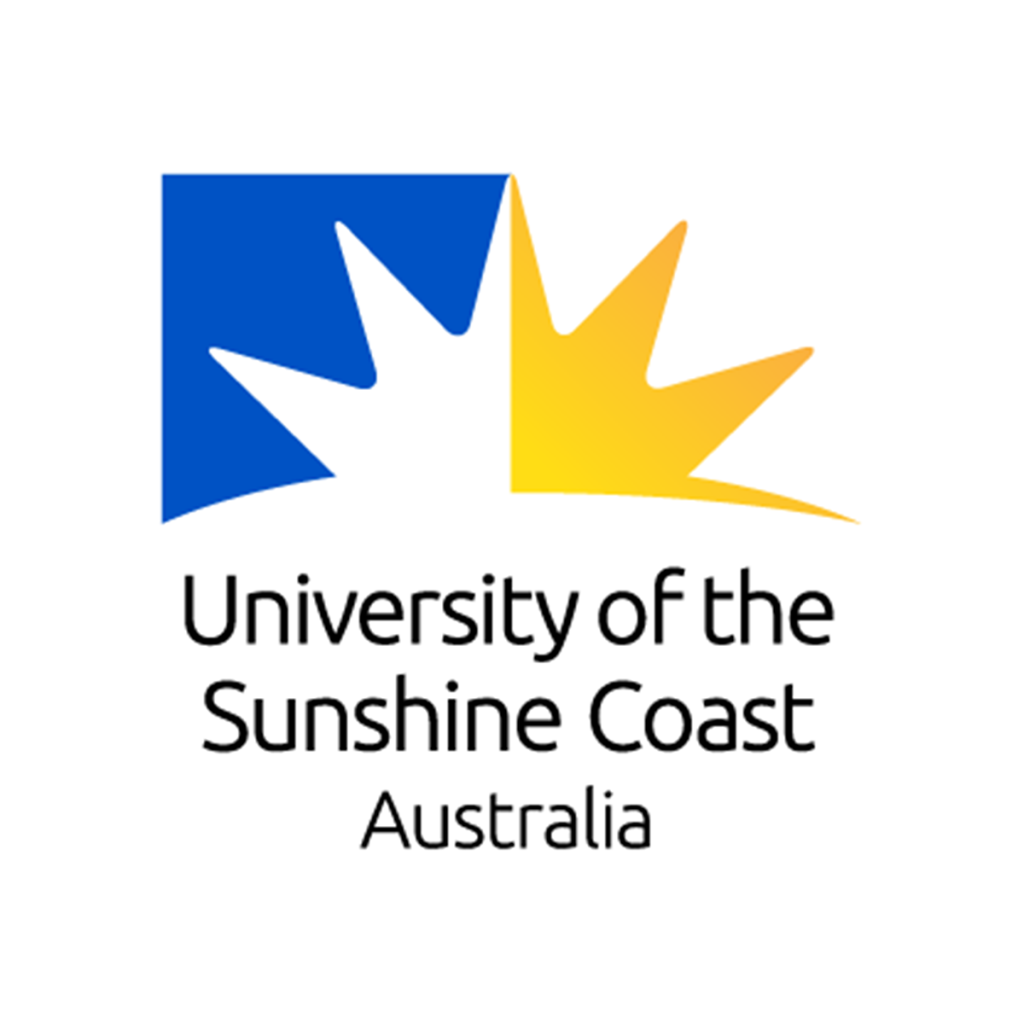Submission Method
Electronic Submission System (PDF).
Full paper format (Click)
Sponsored by

Patrons
![]()







Electronic Submission System (PDF).
Full paper format (Click)

![]()






